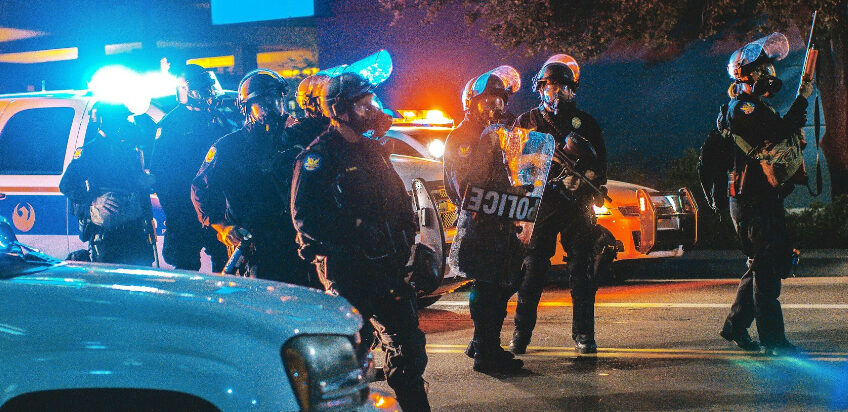The deployment of body-worn cameras (BWCs) by police officers has become a pivotal issue in law enforcement agencies across the United States. In New Jersey, the use of body cameras is seen as a critical tool for enhancing transparency, accountability, and trust between law enforcement and the community. This comprehensive post explores the legal framework, implementation challenges, and the impact of body camera laws on both police officers and the public in New Jersey.
Legal Framework for Body Cameras in New Jersey
In recent years, New Jersey has taken significant legislative steps to regulate the use of body cameras by police officers. The state’s approach aims to balance the benefits of body cameras in promoting accountability while also addressing concerns related to privacy and costs.
- Mandatory Use Legislation: In November 2020, New Jersey Governor Phil Murphy signed legislation requiring all uniformed patrol officers to wear body cameras. The law mandates that departments implement policies and procedures consistent with guidelines established by the New Jersey Attorney General.
- Privacy Considerations: New Jersey’s body camera policies include provisions designed to protect the privacy of individuals recorded during police interactions. Officers are required to inform individuals that they are being recorded in most situations. The law also restricts the public release of body camera footage, particularly in sensitive situations involving victims of crimes or domestic incidents.
- Data Storage and Accessibility: Under New Jersey law, body camera footage must be stored for a minimum period, often around 90 days, to allow for any potential complaints or investigations. However, footage that is part of an ongoing investigation or has evidentiary value must be retained for longer periods.
- Public Access to Recordings: The state allows public access to body camera footage under the New Jersey Open Public Records Act (OPRA), with certain exceptions for privacy and ongoing investigations. This accessibility is intended to enhance transparency but comes with stringent guidelines to protect involved parties.
Implementation Challenges
While the legal framework provides a foundation for the use of body cameras, several implementation challenges persist:
- Funding and Resources: The cost of purchasing body cameras and maintaining the necessary data storage infrastructure is significant. Although New Jersey has provided grants and funding to help local police departments, budget constraints remain a major hurdle for widespread adoption.
- Training and Compliance: Ensuring that all officers are properly trained to use body cameras and adhere to legal guidelines requires ongoing effort and resources. This includes training on when to activate and deactivate the cameras, as well as how to handle and store the recorded footage.
- Technological Issues: Technical difficulties such as battery life, data storage capacity, and camera durability also pose challenges to the effective use of body cameras.
Impact of Body Camera Laws
The implementation of body camera laws in New Jersey has had several notable impacts:
- Increased Accountability: Body cameras have been shown to reduce incidents of excessive force and complaints against officers. They provide a clear record of interactions, which can be critical in investigations and legal proceedings.
- Community Trust: The transparency afforded by body cameras can help to build and restore trust in communities, particularly those that have experienced strained relations with law enforcement.
- Legal and Judicial Proceedings: Body camera footage has become an invaluable tool in the judicial system, providing objective evidence that can corroborate or contradict other forms of evidence and testimony.
Looking Forward
As New Jersey continues to refine its approach to body camera use, ongoing evaluations and legislative adjustments will likely be necessary. This could involve updates to privacy laws, funding mechanisms, and technical standards to keep pace with advancements in technology and evolving public expectations.
Conclusion
New Jersey’s laws on body cameras for police represent a proactive approach to modern law enforcement challenges. By mandating the use of body cameras, the state aims to enhance accountability, protect civil rights, and foster a greater sense of security within the community. As the legal landscape evolves, continued dialogue among lawmakers, law enforcement, and the community will be essential in achieving these goals effectively and equitably.
